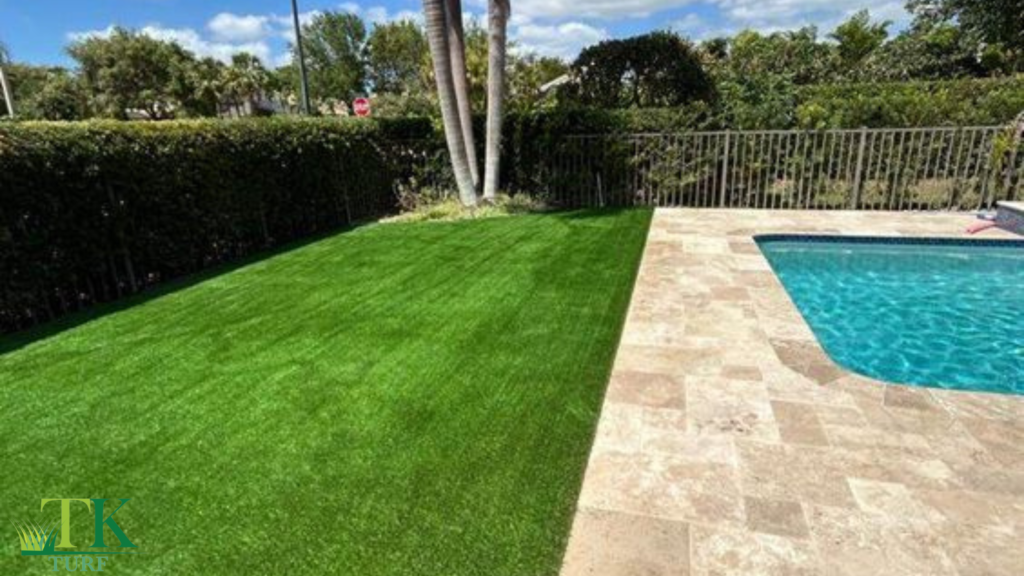When it comes to enhancing your outdoor space, pavers are a versatile and durable choice for creating stunning driveways, patios, walkways, and more. With a variety of materials, styles, and sizes available, selecting the right paver for your project can be daunting. Understanding the different types of pavers and their unique characteristics can help you make an informed decision. Here’s a guide to the most common paver types and what you need to know about each.
1. Concrete Pavers
Concrete pavers are one of the most popular choices due to their affordability, versatility, and durability. Made from a blend of cement, sand, and gravel, these pavers come in various shapes, sizes, and colors, allowing for a wide range of design options. They are ideal for driveways, patios, and walkways because of their ability to withstand heavy traffic and resist wear and tear. Concrete pavers can also mimic the look of natural stone or brick while offering a cost-effective solution.
- What to Know: Concrete pavers are prone to staining and may require occasional sealing to maintain their appearance. They also tend to be more susceptible to color fading over time compared to other materials.
2. Brick Pavers
Brick pavers are known for their timeless appeal and classic look. Made from fired clay, these pavers offer a rich, natural color and a durable surface. They are slip-resistant and suitable for various outdoor applications, including patios, walkways, and driveways. Brick pavers are also relatively easy to maintain and repair, as individual bricks can be replaced if damaged.
- What to Know: Brick pavers can be more expensive than concrete options and may require regular sealing to prevent erosion and maintain their color. They can also be prone to chipping and cracking if not properly installed.
3. Natural Stone Pavers
Natural stone pavers are highly sought after for their elegance and natural beauty. Options like granite, limestone, slate, and travertine offer unique colors and textures that can enhance the look of any outdoor space. Natural stone pavers are exceptionally durable and ideal for high-end projects, including pool decks, patios, and pathways.
- What to Know: Natural stone pavers tend to be more expensive and require professional installation due to their weight and varying thickness. They may also need regular sealing to protect against stains and weathering.
4. Permeable Pavers
Permeable pavers are designed with spaces or gaps that allow water to pass through, promoting better drainage and reducing runoff. These pavers are an eco-friendly choice and are ideal for driveways, parking areas, and patios where managing stormwater is a concern. They help prevent erosion and reduce the risk of flooding by allowing rainwater to be absorbed into the ground.
- What to Know: Permeable pavers can be more expensive than traditional options and may require a specialized installation process. Proper maintenance is essential to keep the gaps clear of debris and ensure optimal drainage.
5. Porcelain Pavers
Porcelain pavers are a modern option made from highly compressed clay that undergoes a firing process at high temperatures. These pavers are known for their durability, low maintenance, and resistance to stains, moisture, and fading. Porcelain pavers come in a range of styles, including those that mimic natural stone or wood, making them a versatile choice for contemporary designs.
- What to Know: Porcelain pavers are relatively new to the market and can be more expensive than other materials. They are lightweight and require a precise installation process to ensure proper adhesion and performance.
6. Rubber Pavers
Rubber pavers are made from recycled rubber, often sourced from tires. They are designed for safety and comfort, making them ideal for playgrounds, sports courts, and other areas where slip resistance and shock absorption are important. Rubber pavers offer a cushioned surface that helps reduce injuries from falls and provides a softer feel underfoot.
- What to Know: Rubber pavers are generally more costly and may not be suitable for all aesthetic preferences. They are best used in areas where safety and comfort are priorities rather than purely visual appeal.
Conclusion
Choosing the right type of paver for your project involves understanding the unique characteristics of each material and how they fit with your design goals and functional needs. Whether you prioritize cost, durability, aesthetic appeal, or eco-friendliness, there’s a paver type that’s right for your outdoor space. By considering factors such as maintenance requirements, installation processes, and long-term performance, you can make an informed decision and create a beautiful, lasting outdoor area.


Recent Comments